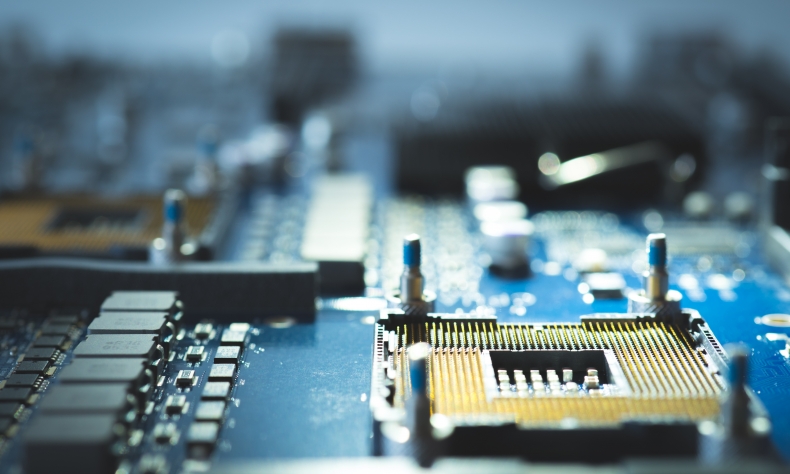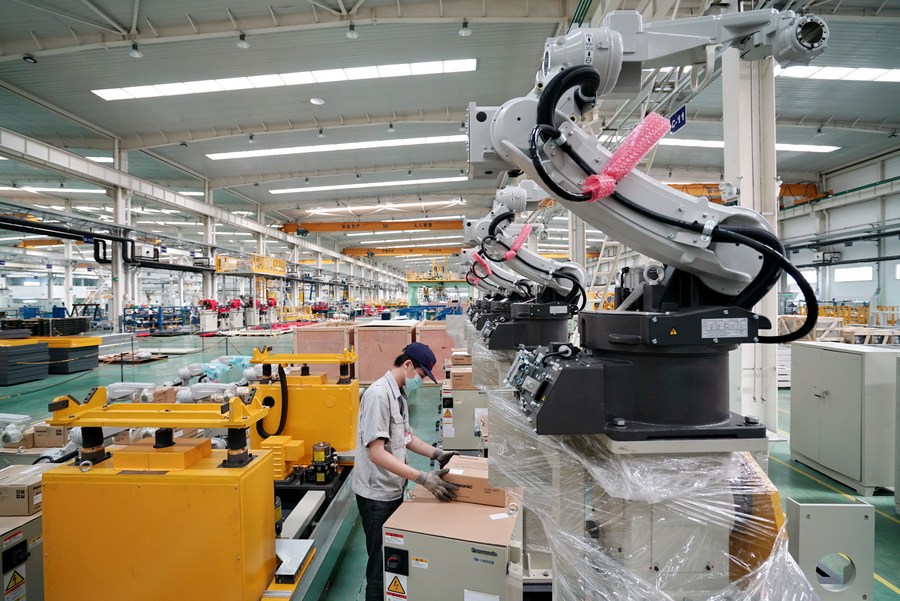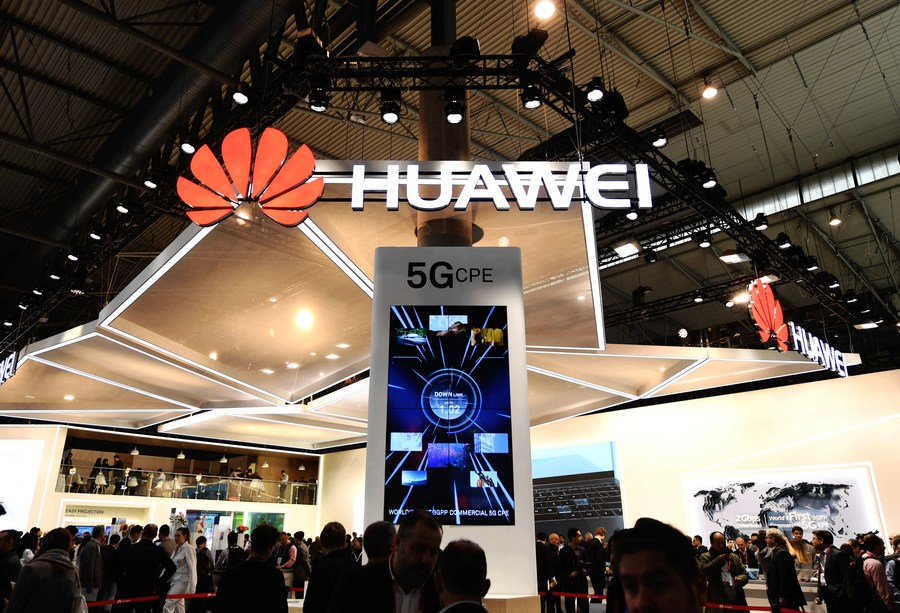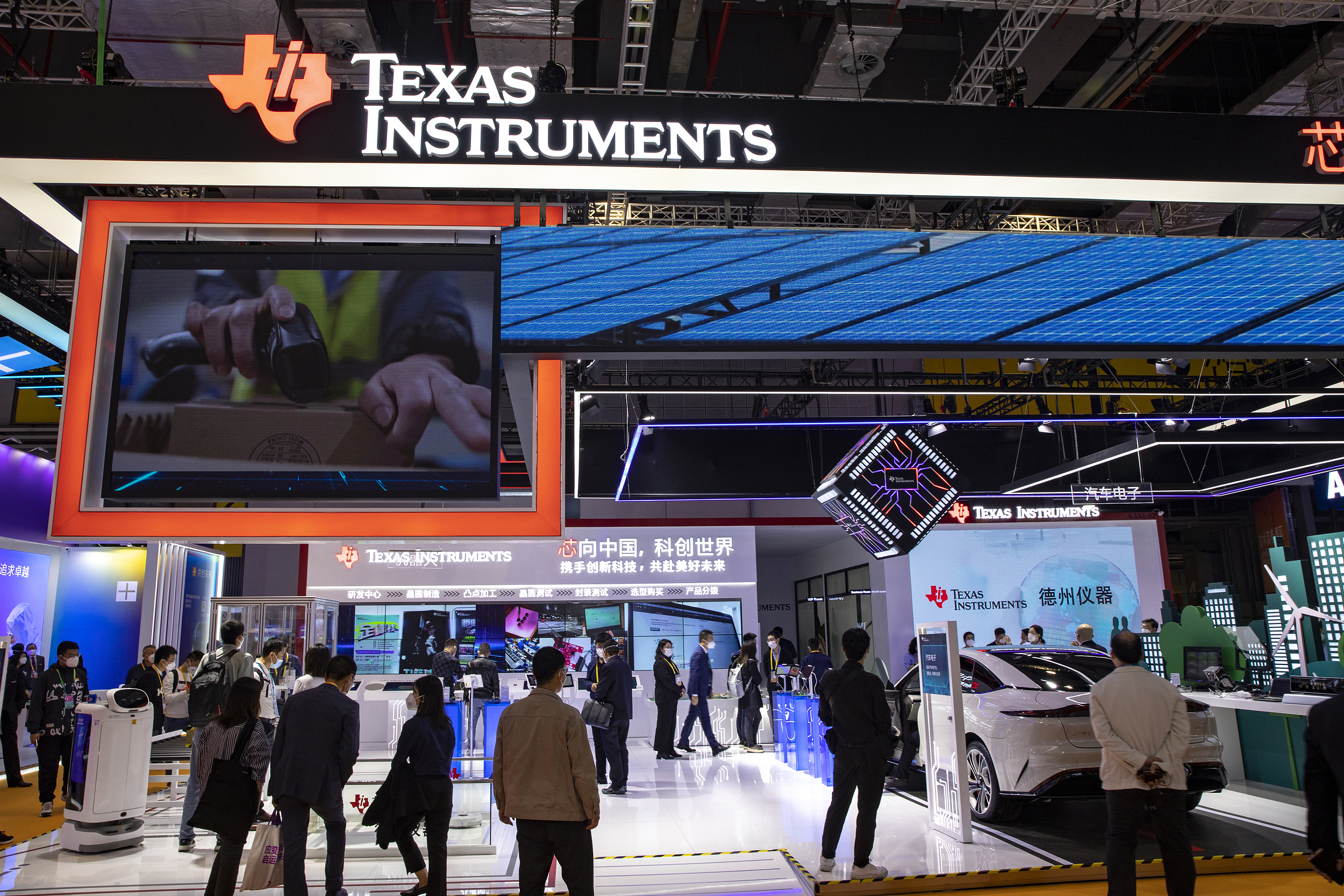U.S. Won’t Score Winning Hand with Hi-Tech Curbs on China

The U.S. cannot defeat China by acting like an economic bully.
The United States economy could be headed for tougher times this year as U.S. Federal Reserve Chairman Jerome Powell is giving hints that the Fed will continue to raise benchmark rates, leading to tighter monetary policy and increasing borrowing costs. Meanwhile, California’s Silicon Valley – the nation’s hub for the science and hi-tech sector – is confronting an unexpected downturn. Additionally, major hi-tech giants including Facebook, Google, Amazon, Microsoft, Dell, Salesforce, PayPal among others have announced massive layoffs since last November.
It has gone unnoticed that the U.S. hi-tech industry started to stumble since last October at around the time when President Joe Biden announced stronger curbs against U.S. tech companies to export U.S. made chips and semiconductors to the Chinese market. Nonetheless, the Western business news media and so-called global markets’ experts have failed to connect the dots and point out that U.S.-China hi-tech decoupling efforts have already begun to impact the global economy.
U.S. tech companies, whether they wish to admit it or not, are getting hard hit by Washington’s policy to impose tougher restrictions on Chinese tech firms. Consequently, such moves will likely tighten further as American politicians are stirring up the flames of anti-China resentment. The Republican Party has regained majority control of U.S. Congress and its members have pledged to take a stronger stand against China and launched the China Select Committee to hold hearings and introduce new anti-China legislation.

Accordingly, we should anticipate that Republicans and Democrats on Capitol Hill, as well as the Biden administration will keep moving forward on anti-China laws, business regulations and restrictions on Chinese tech firms.
Netherlands and Japan join in
The international economy is undergoing dramatic shifts while we are witnessing momentum shifting away from globalism. The U.S. looks to promote anti-China policies even if such actions could harm the business outlook of U.S.-based companies. But Washington seeks to spread the pain by calling for more countries to join in by containing the rise of China.
According to media reports last week, the Netherlands and Japan, both major manufacturers of some of the world’s most advanced equipment for mass producing semiconductors, agreed recently to join with the United States in blocking some shipments of their most high-tech machinery to China.
The agreement, which followed high-level meetings with U.S. national security officials in Washington, would help expand the impact of sweeping restrictions issued unilaterally by the Biden administration last October on the kinds of semiconductor technology, which could be shared with China.
Washington is making the argument that the new tech restrictions are necessary to prevent chips and semiconductors to get used and integrated into China’s military weapons and advancements.

As reported by the New York Times, “The United States imposed strict controls in October on the sale to China of both semiconductors and the machines used to make them, arguing that Beijing could use the technology for military purposes, like breaking American codes or guiding hypersonic missiles. But well before those restrictions were issued, the United States had been pressing the Netherlands and Japan to further limit the advanced technology they export to China.”
“The October rules also clamped down on certain shipments to China from countries outside the United States. Using a novel regulation called the foreign direct product rule, the Biden administration barred companies that use American technology, software or inputs from selling certain advanced semiconductors to China. But these measures applied only to chips, not the machinery used to make them.”
Washington just seeking tech protectionism
American politicians are sounding the anti-China alarms, but that could be a simple diversionary tactic for Washington to promote steeper isolationism and trade protectionism. Encourage the public to look in one direction while hiding their real motives. This could explain why the U.S. government has insisted on other sovereign nation to follow its path to pursue decoupling measures against Beijing.
From a logical and business standpoint, American hi-tech companies have high incentives to endorse the new laws against China. Hence, more foreign companies will shift away from their reliance on China in supply chains and would have to support the U.S. economy.
Washington may move in the direction of imposing more economic sanctions on China and as such many hi-tech companies would have to tear up contracts with Chinese firms and move forward on new business deals with American hi-tech companies.

We should not be surprised if Japan, the European Union and the United Kingdom follow Washington by supporting the new trade protectionist measures. Actually, the actions could benefit U.S.-based companies in the short term but would lead to disaster in the long-term outlook. Chinese companies will be forced to localize their economy, which results in Chinese manufacturers and tech companies relying on local suppliers and buyers.
However, we are noticing new trends of higher trade, investments and economic between China and ASEAN (Association of Southeast Asian Nations) and that could lead to countries in the Southeast Asian region choosing to side with Beijing over Washington. Many countries in Southeast Asia stand eager to pursue higher economic growth rates and rapid development. They can enjoy greater success working more closely with China than the U.S.
China will not stop innovating
China’s economy is strong and resilient, while this year the country will enjoy a rebound stage and resuming back to normal. China’s tech firms have enjoyed tremendous success by having firm cooperation with foreign companies. Nonetheless, China can adapt if the U.S. continues on with decoupling measures.
Chinese tech firms can switch gears by localization and they hold the capacity to succeed despite the new challenges confronting them. The U.S. cannot defeat China by acting like an economic bully. But in the long run, the country that will get hurt the hardest will be the United States, since trade protectionism will not rescue the American economy.
The article reflects the author’s opinions, and not necessarily the views of China Focus.
 Facebook
Facebook
 Twitter
Twitter
 Linkedin
Linkedin
 Google +
Google +



